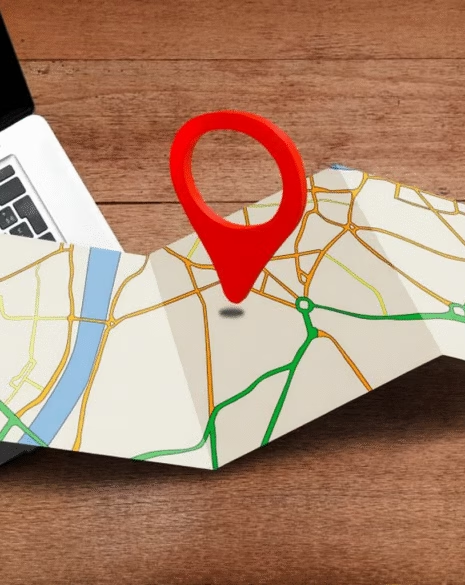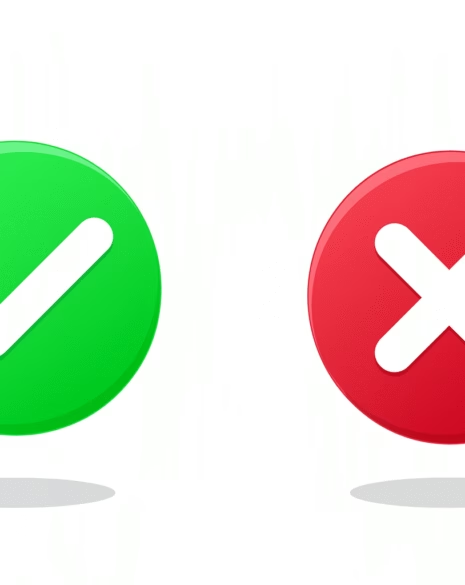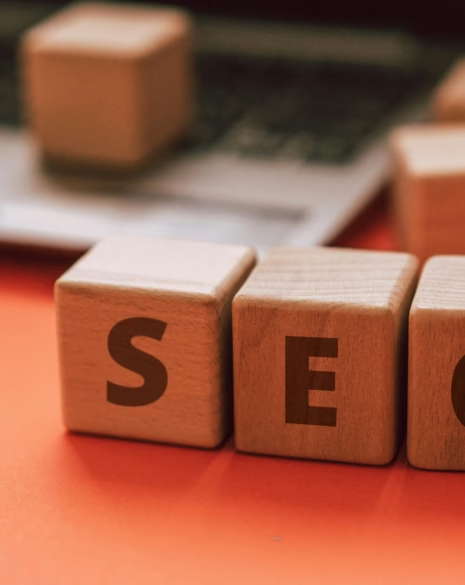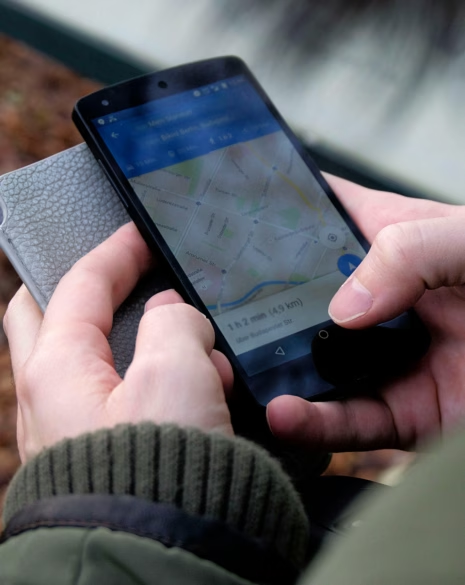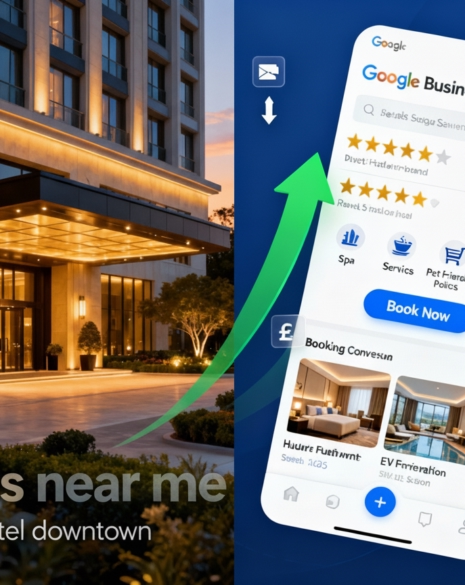A landing page can be visually stunning and still fail to turn visitors into guests. The real measure of success isn’t how good a page looks – it’s how well it converts. And that’s where most hotel landing pages fall short.
If you’ve ever looked at your website analytics and wondered why traffic isn’t translating into bookings, you’re not alone.
Many hotels make the mistake of prioritising aesthetics over usability, slow-loading pages over speed, and generic copy over compelling, guest-focused messaging. The result? Potential guests click away, OTAs win the booking, and another opportunity is lost.
But it doesn’t have to be this way. A high-performing hotel landing page isn’t a mystery – it’s a formula. And it starts with understanding what makes guests take action.
First Impressions Matter: The Role of Visual Design & Branding
A landing page is often the first real interaction a guest has with a hotel’s brand, and that first impression is formed in seconds. A cluttered, outdated, or poorly designed page signals a lack of professionalism, making potential guests question whether the hotel is worth their time.
Great hotel landing pages use high-quality, authentic images that showcase the guest experience – not generic stock photos. Branding should be consistent, reinforcing trust and professionalism. A well-structured layout helps guide visitors naturally toward booking, avoiding unnecessary distractions that might lead them to leave the page.
If a landing page feels overwhelming or cluttered, visitors will leave before they even explore their options. The goal is to create a space that invites them in, reassures them, and leads them to take action.
Speed & Mobile Optimisation: The Foundation of High Conversions
Speed kills – both in racing and in hotel bookings. If a website takes too long to load, guests will abandon it before they even see a room photo. Research shows that 40% of users leave a site that takes more than three seconds to load, and hotels can’t afford that level of drop-off.
Mobile optimisation is equally critical. With over 70% of travel searches happening on mobile devices, a landing page must be designed with small screens in mind. This means ensuring fast-loading images and lightweight code to reduce wait times, creating a responsive design that adapts effortlessly to different screen sizes, and placing call-to-action buttons where they are easy to find and tap. A slow or clunky mobile experience damages both conversion rates and brand credibility.
Crafting the Perfect Headline & Value Proposition
The first text a visitor reads should make them want to stay. Yet, many hotels settle for generic headlines like “Welcome to [Hotel Name],” which fail to communicate why a guest should care.
A compelling headline conveys the hotel’s unique value and creates an emotional connection with potential guests. It should highlight what sets the hotel apart, whether it’s an unbeatable location, world-class amenities, or a special offer for direct bookings. For example, instead of stating, “A Luxury Hotel in London,” a more engaging approach would be, “Experience Five-Star Comfort in the Heart of London—Book Direct & Save 15%.”
The difference is clear – one is flat and uninspiring, while the other highlights exclusivity, location, and a direct booking incentive.
The Power of Social Proof: Reviews & Trust Signals
Guests trust other guests more than they trust hotel marketing. That’s why reviews, testimonials, and ratings play a critical role in landing page performance.
A well-placed guest testimonial or a display of TripAdvisor ratings reinforces credibility at the exact moment a visitor is considering booking. Trust badges, such as industry awards or recognitions, further reassure potential guests that they are making the right choice.
Featuring user-generated content, such as real Instagram photos from past guests, can also be an effective way to add authenticity to a landing page.

A Frictionless Booking Process: The Fewer Clicks, The Better
Every additional step in a booking process increases the likelihood of a guest abandoning it. Simplifying the user journey ensures more visitors make it through to confirmation.
A well-optimised landing page will have a standout call-to-action button that is impossible to miss. The form should be minimal, asking for only the essential details required to complete a reservation. Returning guests should have the option to pre-fill their details for an even smoother experience.
Hotels should also experiment with different wording and placement of CTAs, running A/B tests to see what drives the highest engagement.
Using Persuasive Copywriting to Drive Action
A landing page isn’t just about listing hotel amenities – it’s about storytelling. Instead of simply stating that a hotel has a rooftop pool, the copy should help guests imagine the experience: “Sip a cocktail while watching the sun set over the city skyline from our stunning rooftop pool.” This taps into emotion and makes the offering more tangible.
Urgency also plays a key role in conversions. Phrases like “Limited-time offer: Save 20% when booking direct” create a sense of immediacy, encouraging guests to take action before missing out. Personalised messaging, such as highlighting exclusive perks for direct bookings, further increases conversion potential.
The Role of SEO: Driving Organic Traffic to Your Landing Page
A landing page won’t convert if no one finds it. That’s why SEO plays a crucial role in ensuring visibility.
Optimising a landing page for search engines involves targeting high-intent keywords, crafting compelling meta titles and descriptions, and implementing structured data markup for better visibility in Google search results. Hotels that invest in SEO not only attract more traffic but also bring in the right kind of traffic – visitors who are actively looking to book a stay.
Final Thought: The Blueprint for a Winning Hotel Landing Page
A high-converting hotel landing page isn’t about following trends—it’s about creating a seamless, engaging, and persuasive experience for potential guests. The best landing pages load quickly, are easy to navigate on mobile, use social proof effectively, and make the booking process as smooth as possible.
At Formula, we specialise in building high-performance hotel websites that turn visitors into guests. If your landing pages aren’t converting as they should, we can help you fix that.
Get in touch today to optimise your hotel’s digital presence and maximise your direct bookings.
